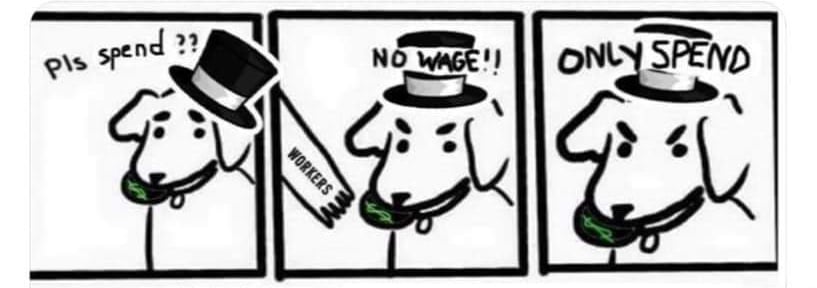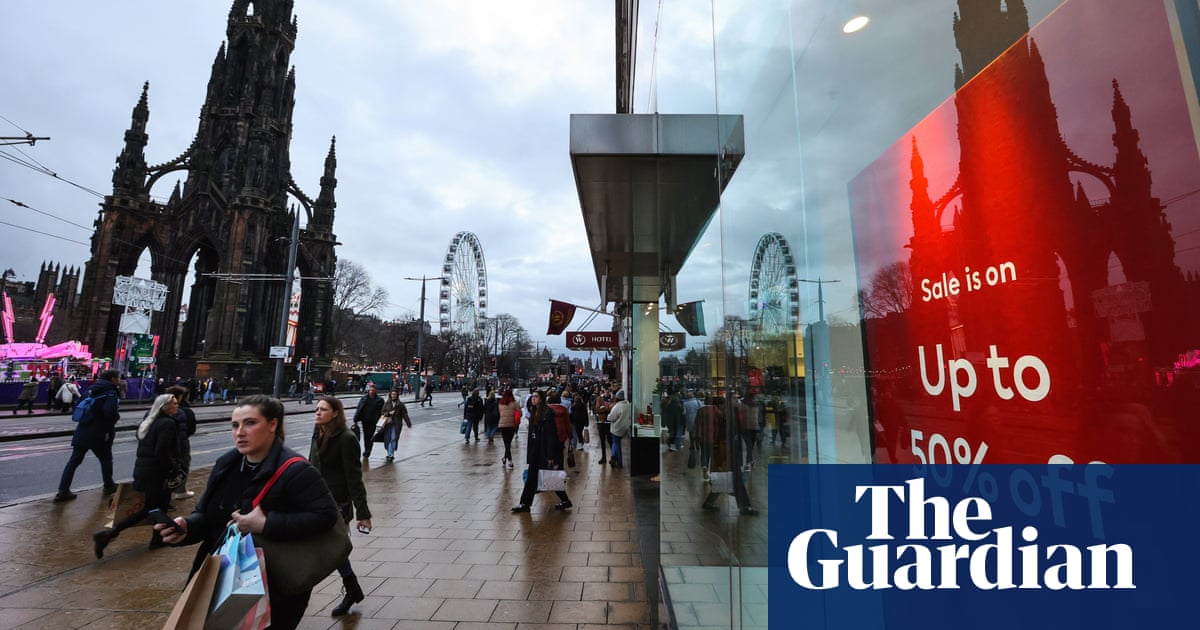- cross-posted to:
- unitedkingdom@feddit.uk
- cross-posted to:
- unitedkingdom@feddit.uk

So out of the five pledges or promises or whatever he was calling them he’s achieved exactly zero. That’s good going for a Tory.
Why the hell he said they would bring down inflation I do not know. It’s not like the government actually control the economy.
Sunak said he’d get inflation below a certain level because that’s the level it was projected to be at if the government did nothing.
The Bank of England telling us that we should be okay with low wages as well. What a shit show.
The government don’t have total control over the economy but they do have a role to play in it
The only role this government is playing in the economy is chief fucking clown tbh 🤡
That’s the role they’re currently playing, but not the one they were tasked with.
I mean yeah couldn’t agree more
I mean, one part of the economy the government (or, parliament at least) has control of is the money supply, which is pretty much the sole driver of inflation. If he’d genuinely wanted to (not necessarily saying he should’ve) he could’ve.
If you literally mean the amount of money in circulation, then nah. In the UK that’s within the Bank of England’s purview, and they are independent of the government.
In terms of macroeconomic tools like quantitive easing and LIBOR rates, yes the big tools are outside the Chancellors control.
What Whitehall can do is increase the government’s supply of money to the economy as a whole by deficit spending to stimulate commerce. Build some overdue infrastructure, increase universal credit payouts, raises for teachers or firefighters, government backed low cost loans for developing industries/councils, etc are tools that are available
Although times are still tough for many families, we must stick to the plan – cutting taxes on work and business to build a stronger economy.
Tax cuts for the rich and businesses never works if there is no demand. Tax cuts for the poor while better isn’t going to make much of a difference because the issue is not taxes it’s low real wages and unemployment/underemployment.
Where is the increased welfare spending?
Its amazing how even the first world countries went from “we need more spending” when covid went off in 2020 because of the threat of social upheaval to being back on the austerity train.
When I read WEF’s ‘The Great Reset’ in 2021 I thought “is the first world going back to Keynesianism?” but nope soon after COVID was memory-holed and the whole world went back to pre-2020 neoliberalism.
Tories and stagflation, what’s new?
This is what the Bank of England intended when it raised the interest rate right?
This is the best summary I could come up with:
The UK economy fell into recession at the end of last year as hard-pressed households cut back on spending in response to soaring interest rates and rising living costs.
The Office for National Statistics said gross domestic product (GDP) fell by a larger than expected 0.3% in the three months to December after a decline in all main sectors of the economy and a collapse in retail sales in the run-up to Christmas.
Economists had widely expected a shallow recession at the end of last year as households came under pressure from higher borrowing costs and rising prices for everyday essentials, forcing cutbacks elsewhere.
More recent snapshots from the economy have, however, shown a rebound in consumer confidence since the start of this year, buoyed up by the prospect of interest rate cuts from the Bank of England as inflationary pressures cool.
The latest snapshot from the ONS indicated weakness across much of the economy at the end of last year, with a fall in GDP amid a tough Christmas shopping period for retailers, strikes by junior doctors, and heavy rainfall.
Suren Thiru, the economics director at the Institute of Chartered Accountants in England and Wales, said: “Though the shallowness of this recession provides comfort, these figures also confirm that our economy remained locked in a cycle of persistent stagnation throughout 2023 as a myriad of headwinds, including high inflation, weighed heavily on activity.”
The original article contains 680 words, the summary contains 234 words. Saved 66%. I’m a bot and I’m open source!




